Exactly seven-and-a-half years ago — July 2, 2017 — I started a newsletter. I started out with little musings about Beyonce and Black art and shark habitats as political metaphor. I sprinkled in lifestyle recommendations for herbaceous cocktails and Netflix shows and recipes for chicken musakhan.
The inspiration for The Schill started the preceding spring. One night a friend/client met me for drinks in Boerum Hill, a neighborhood where I lived for several years. I took him to Robert (z”l//RIP), a nice but not especially noteworthy Brooklyn bar of its era. Cocktails with pineapple and chartreuse, vintage jukebox, you get the idea.
At the time, I was a real girl-about-town, going to dance shows in Bushwick lofts, Marxism seminars, cocktail parties on the Upper East Side. I was consulting, teaching, freelance writing. I launched a merchandise line connected to my Beyonce-Passover tumblr, Beyonceder. I was vice-chair of a board, working on my dissertation over many late nights in my old apartment-office space in Prospect Heights. I had beaus in several area codes but no one steady at that time. That summer, I was looking forward to a rental house with friends in Fire Island and a family trip to Alaska.
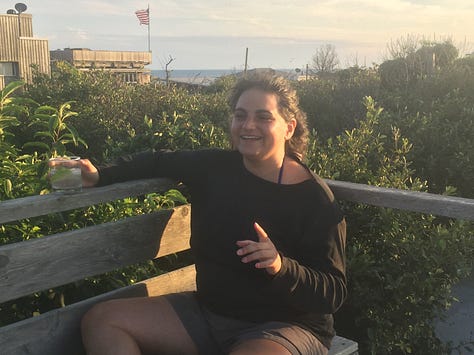
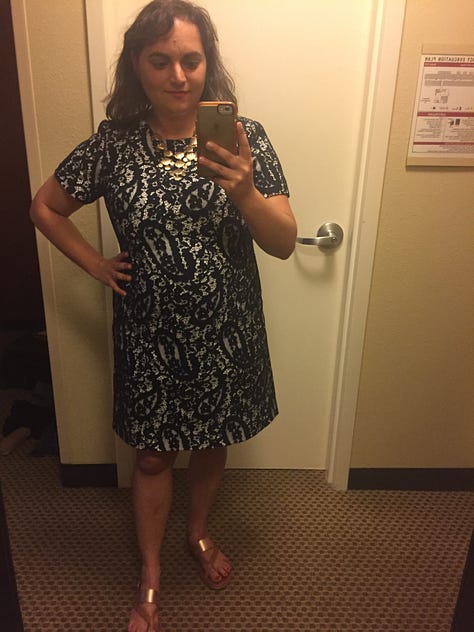
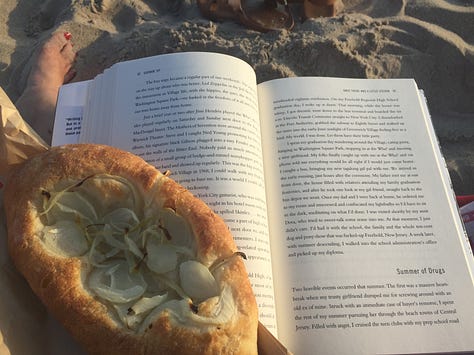
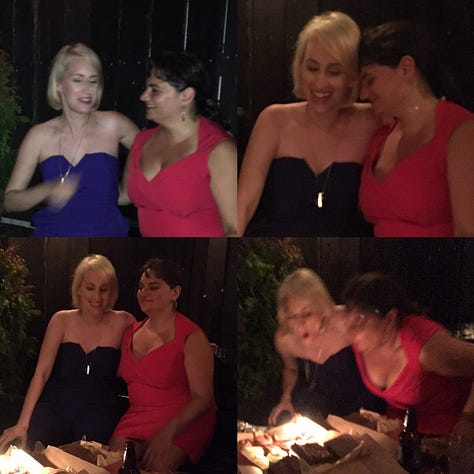

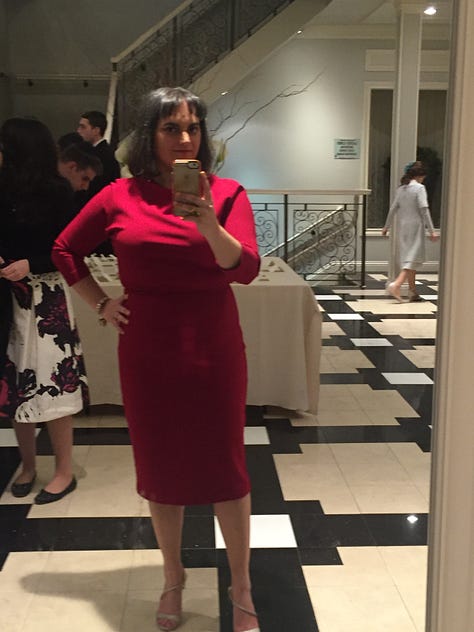
It was a full, rich, zingy life. Maybe not *so* different from many of my friends, or the writers’ room of Girls. But that night, over cocktails by the jukebox, my friend/client insisted that I had my finger on some kind of pulse, or at least that people would be interested in the taste, style and ideas that filled my days at that time.
And so I had a lot of fun putting together newsletters that captured the buoyancy of those years. Speaking of cocktails, I’d say I was running on a combination of adrenaline, voraciousness, and the sprezzatura of youth. I loved how my brain worked, how fast it was, how much pleasure I took in being edgy and indulging every barbed aside, every slightly-smug name-drop. I liked that The Schill wasn’t about my academic work, or my anticipated book topic, it was about my life and the things that made it fun, curious, and alive, and that people seemed to really like it.
From 2017-now, as one friend put it, I’ve been “speed-running life.” I defended my dissertation, protested and danced in the streets during the first part of COVID, got a fellowship, moved part-time to New England, fell in love, wrote a book, went on book tour. I got married on the beach in Key West.
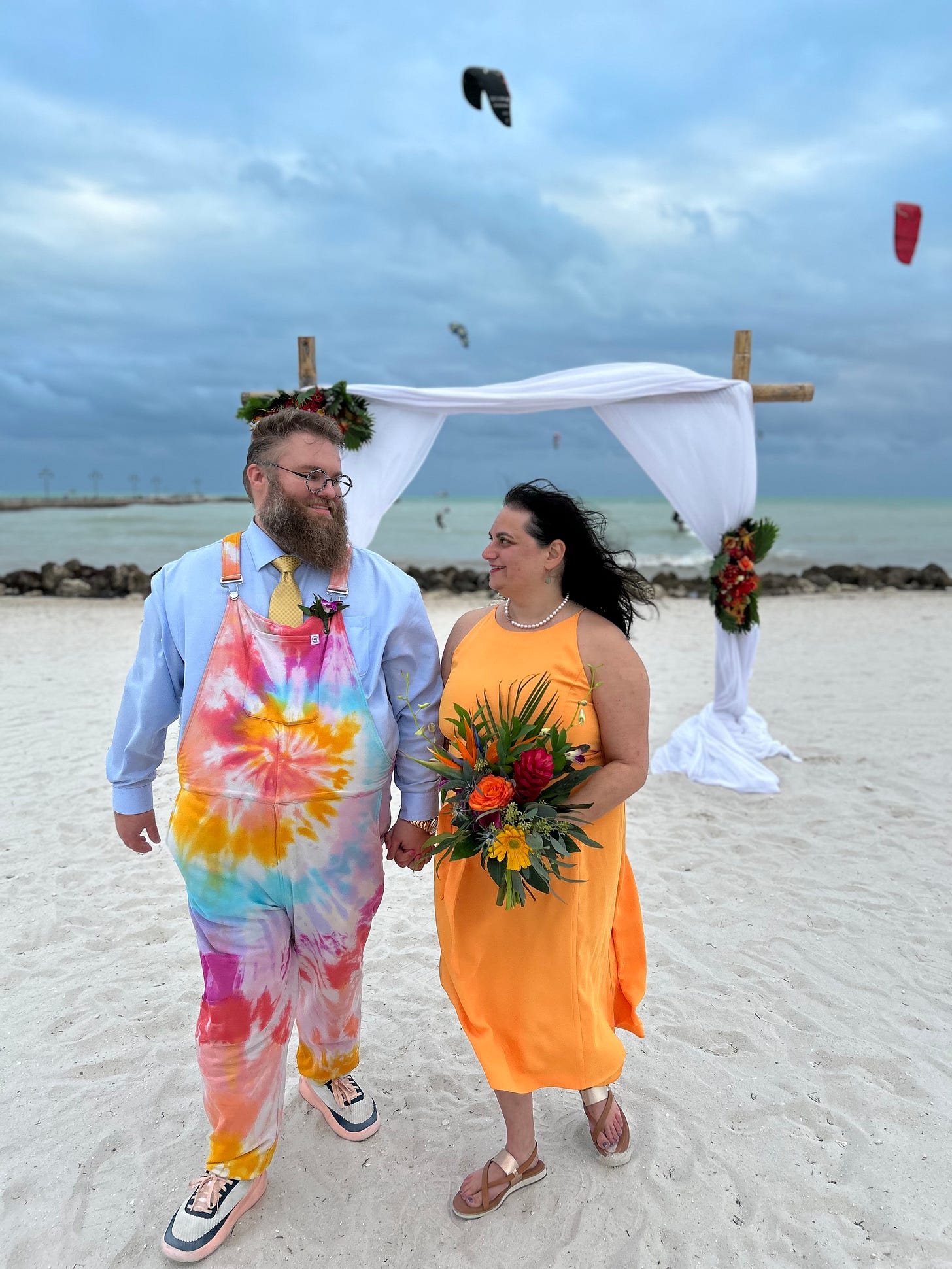
After a lifetime of being a renter, I back-doored home ownership by marrying a man whose main occupation in life (even as a single man) was arguably “homemaker,” we embarked on a major home renovation and now I’m evaluating the corner radius dimensions for my new bathroom countertops.
I hiked the Alps, downed oysters in Paris, sipped coquito at a swim-up bar in Puerto Rico. New York got as much of me as possible, seeing Ruth Asawa’s drawings and John Adams operas and radical brass bands and the amazing people who I’m so lucky to call my friends.
And I cared for my husband, Scott, through cancer treatment, including a clinical trial, and his much-too-early death.
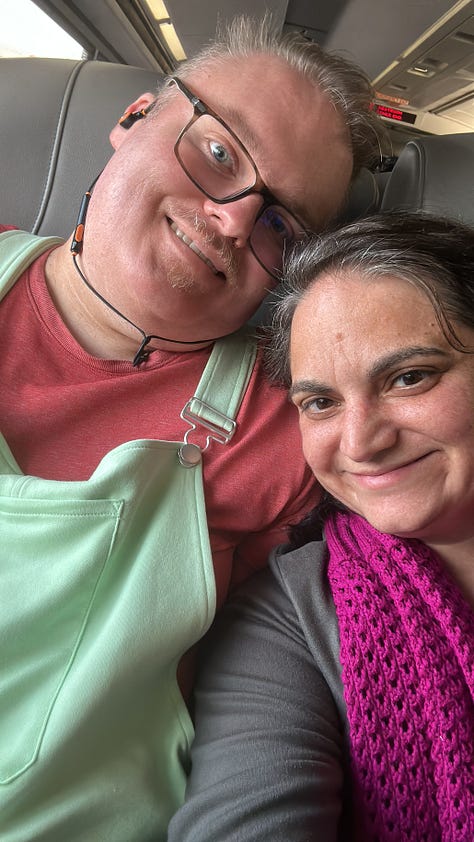
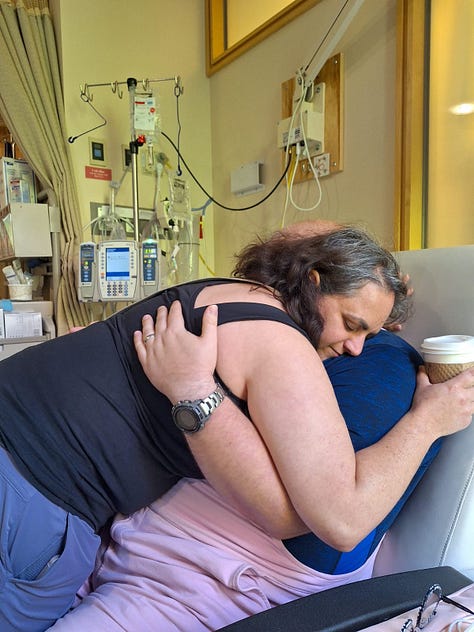
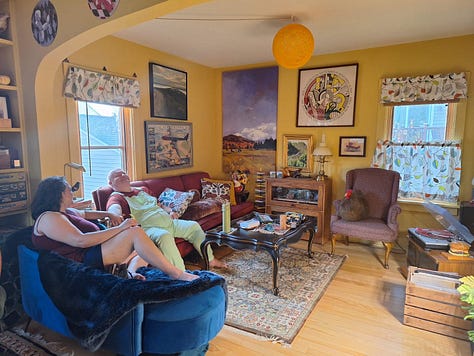
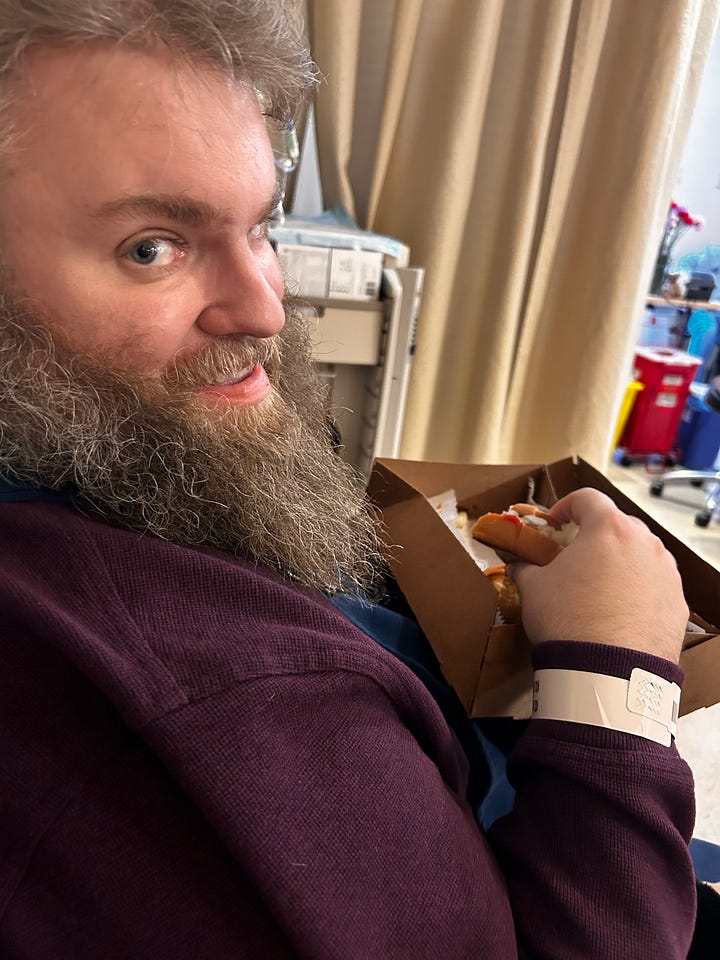
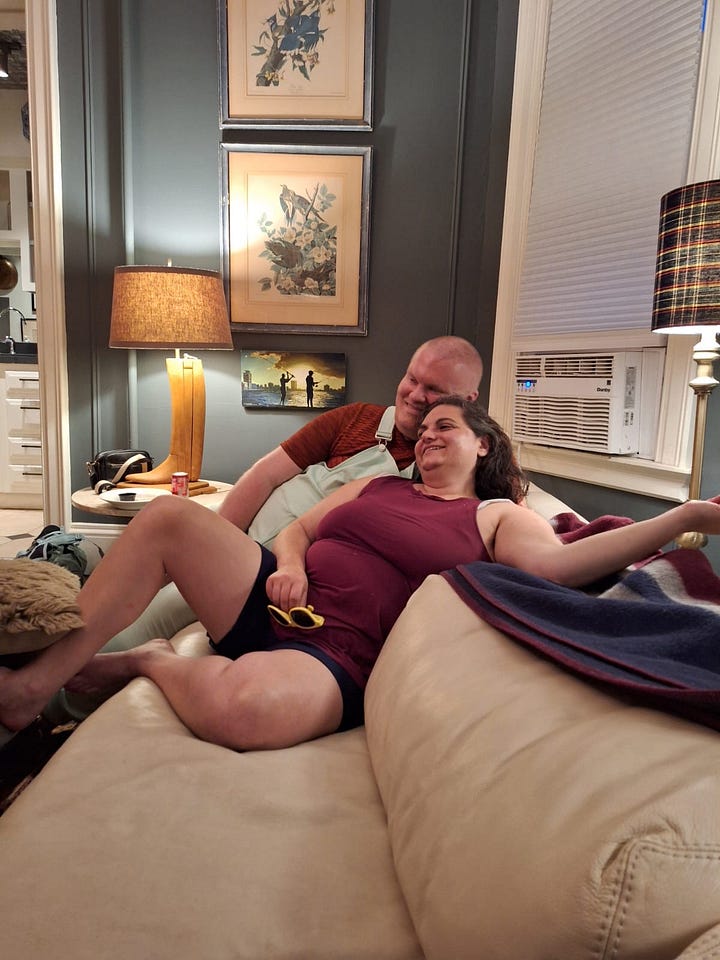
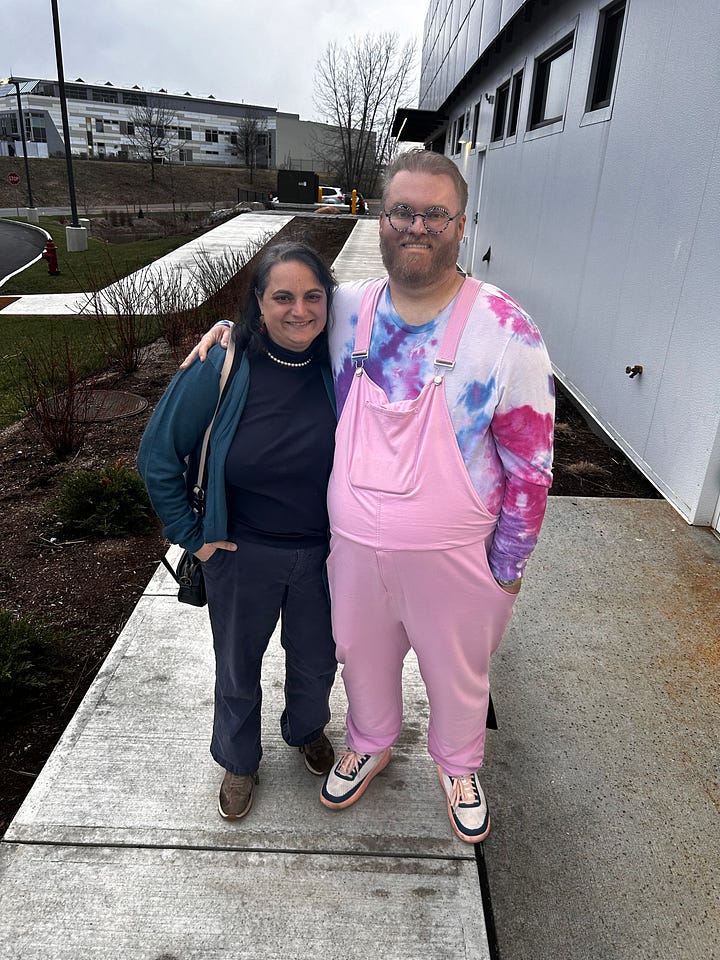
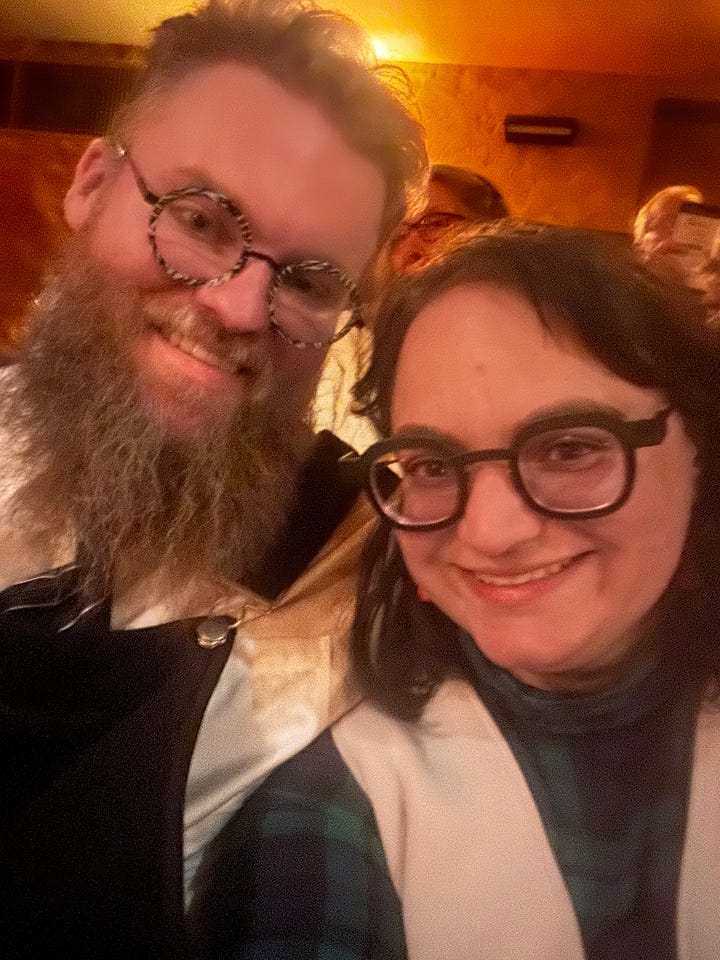
Schillshead Revisited
That was the change in her from ten years ago…this haunting, magical sadness which spoke straight to the heart and struck silence; it was the completion of her beauty.
“Sadder, too,” I said.
“Oh yes, much sadder.”
God bless my therapist of over a decade. Though she is nearly impeccable at maintaining boundaries, I’ve sussed out that she’s an Anglophile, and a reader of literary fiction.
Some months ago, I told her about my fear that tedium and anguish that filled my life would deplete me for a long time to come. I feared — I still fear — that I will lose touch with the vitality, the audaciousness and lust for life that define me, that are the foundation of my identity.
She brought up Brideshead Revisited — a book entirely about nostalgia for one’s idealized youth, and the way sadness accumulates over one’s life, deepening but also darkening one’s psyche. She recalled the moment when Charles Ryder and Julia Flyte reunite after a decade apart. In their youth both had striking looks. Julia was bewitchingly gorgeous, stylish, confident to the point of entitlement. But after ten years in an advantageous but loveless marriage, Julia has been humbled by disappointment and emotional deprivation.
Julia notes that Charles looks “lean and grim, not at all the pretty boy…” she remembers from his Oxford days. Charles clocks that she is “softer,” meaning both that her demeanor is more receptive and her beauty has sort of settled into itself. That somehow she carries a haunted, vulnerable air that rounds out her loveliness — a moderation, perhaps, but to him, this settling is the “completion of her beauty.”
This intimate, tender exchange ends on such a powerful note — here they are, having this frank back-and-forth about how each of them has changed, from a youth that really was full of glamour and romance and beauty for both of them. The effete schoolboy hardened, the haughty debutant softened. And then Charles goes even deeper. To him, Julia seems “sadder, too.”
“Oh yes,” Julia bravely confirms. “Much sadder.”
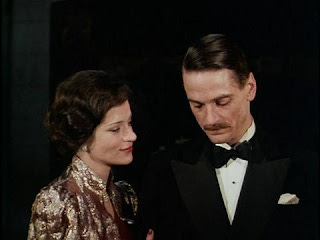
This was an incredible pull on my therapist’s part. It names a real and hard thing, which is that we do lose a certain unfettered happiness as life makes its mark on us. We do get sadder. Much sadder, sometimes.
Yet Julia Flyte is both sadder and more complete in her beauty. She’s a rounded human being. She actually hasn’t lost allure, in fact, she has plenty of drama ahead of her, including romance (no spoilers).
I would not at all be so glib as to say that somehow this really shitty thing that has happened represents “the completion of my beauty.” But I am willing to look to this bit of literature as we are meant to do: to find a roadmap and reflection, guidance for being sadder and yet still growing, still curious, alive, and, at the right time, fun.
The Quickening
Here’s a surprise: I now crave writing time.
(I guess now that we’re over 1,000 words into this it’s not that much of a surprise, huh.)
I would have thought I would need more time of just wandering through the mist, suturing myself to a couch and bingeing…whatever. And I’ve done PLENTY of that. I can strongly recommend an Insecure rewatch, especially if you skip seasons 1-2, and digging into a Letterboxd list (I’m putting on The Hours after I finish writing this.)
But apparently, after months of feeling like my life was either on hold or falling off a cliff, I now have some space to reclaim. And it turns out, my brain still has some of her old fastball speed. In the last month, I have sketched out ideas for two books, five essays, maybe an academic paper or two.
I’m not ready to commit to a production plan of any kind, or almost any deadline. But I am ready to sit and empty my brain and make sense of what she’s been absorbing and the sparks she’s been kindling. And that, my friends, is what this newsletter is for.
So here are some of the topics you’ll see me play around with:
Self-Care — my changing relationship to it, the changing Meaning of it as a social phenomenon, whether or not it has any political valence, what it’s like to have skincare and makeup recs here at this late-ish age (and of course, what they are.)
Why I Love Analog Radio And You Should Too (+/- Can We Reclaim Music From Spotify)
What Downton Abbey Means to Me
We Actually Under-Acknowledge Mariah Carey
“Donating” Stuff is a Virtue-Laundering Project
Which Sports Suck (I will give you a hint, one rhymes with Shmickleball)
Do I…Kind of Care About Cars Now (Or, Do I Just Like Being Fancy)
Places that Prioritize The Arts — How and Why They Do It
And, just in case this is unclear:
I Did It All for the Memoir (…so you could get that…booky? oh dear)
I don’t know if there will be a predictable schedule for this, or what my tone will be now that I’m in a different era, writing- and personhood-wise. Maybe I will bring back some of the WRED-it recommendations, maybe I won’t, or they’ll come back in a different form. I also don’t know how much I will write about philanthropy — I am sure it will come up inevitably, but my thoughts are shooting off in new directions and I’m going to follow them. Regardless, I expect everything I write will dig into themes like money, freedom, beauty, class, connection to one another in our private and public spaces.
Kind of like a certain novel I know.
As goes the final scene of Brideshead Revisited, when Ryder “quicken[s]” his pace:
Something quite remote from anything the builders intended has come out of their work, and out of the fierce little human tragedy in which I played…a small red flame--a beaten-copper lamp…
and there I found it this morning, burning anew among the old stones.




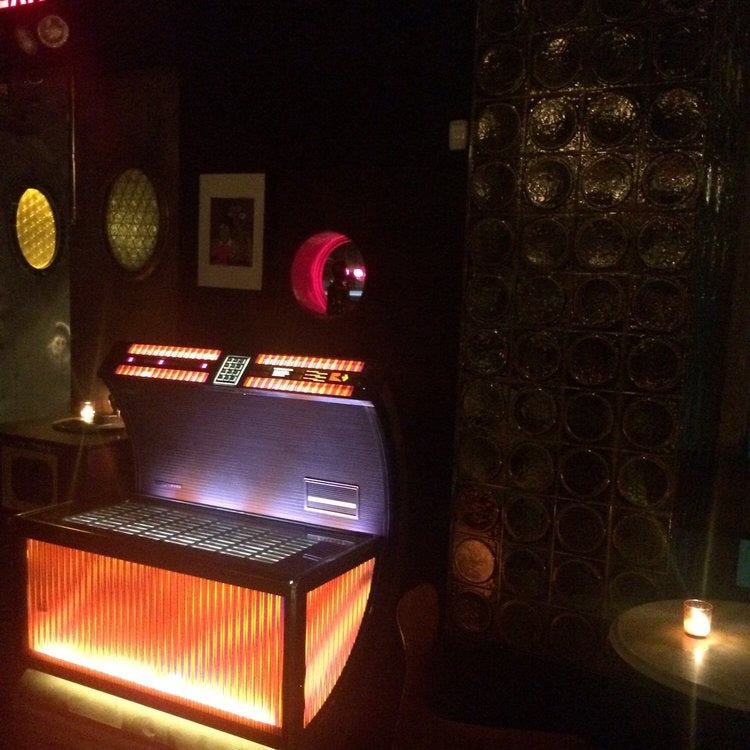
Beauty.
Happy to see the Schill is back. Enjoyed this - looking forward to more. Grateful for your voice in my life.